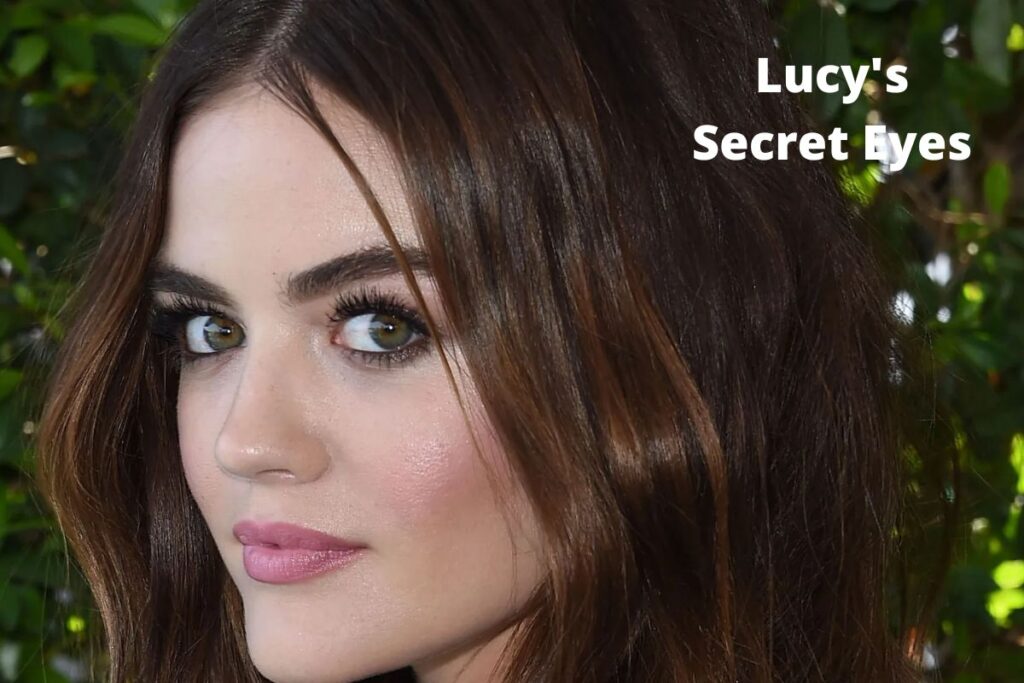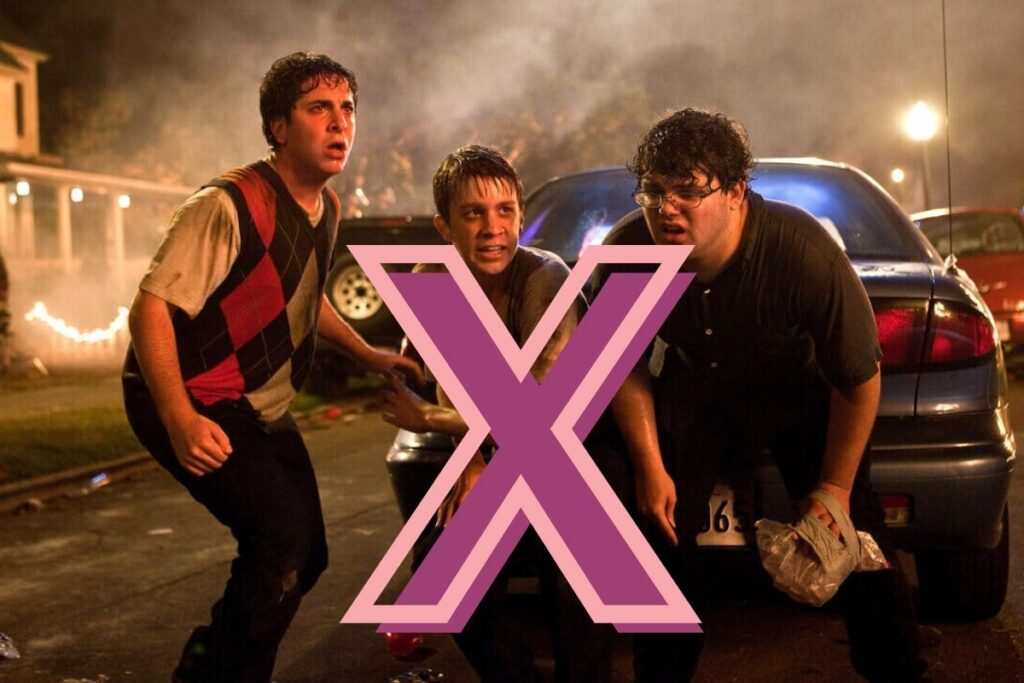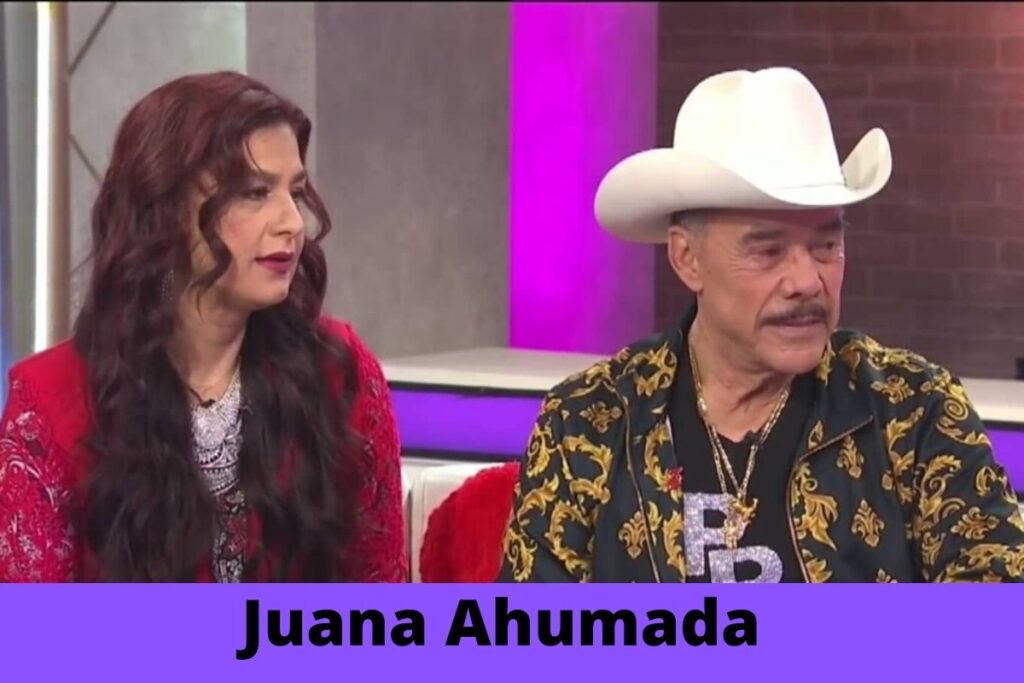Lucy Punch is trying to remember the moment in her small office above the National Theatre when she realized her name was so great. The 36-year-old performer reflects head cocked, as she looks out over the Thames: “I do remember wishing it was a bit more glamorous.” The general public seems to believe that I’m making this up. ‘Really? And you think I’d pick this name?
Nonetheless, I guess it stands out, and there’s lots of space for puns. If she were to act very scathingly, I’d call her the punchy Punch. “Nice! That’s what she says. During our more polite exchanges, I might almost say that Punch handled me like a child. She sighs, “Oh, nice.”
Punch looks like a young Joanna Lumley; the similarities are striking, especially in their shared features of platinum blonde hair and vivacious blue eyes. She has been cast as an Ugly Sister four times, the first time being in the fairy tale film Ella Enchanted, where she played Lumley’s daughter. Meryl Streep and Johnny Depp will be featured in the upcoming film version of Into the Woods by Stephen Sondheim.
“I always played the witches and insane women,” she explains. When I turned 11, I celebrated with an Ugly Sister theme party. My concept entirely. While most young women aspire to be fairies or princesses, I am here, beauty spots and fur and fluorescent pink kiss-curls and all. My mom’s reaction to me telling her I was going to see Into the Woods was, “Oh darling, not again.”
She freely acknowledges that the obscene and the ditsy are her speciality, whether it be Anthony Hopkins’ strident, promiscuous trophy girlfriend in Woody Allen’s You Will Meet a Tall Dark Stranger or Martin Clunes’ dopey, dreadlocked receptionist in the ITV comedy-drama Doc Martin.
On the day we meet, Peter Bogdanovich’s screwball comedy She’s Funny That Way, in which Punch makes a cameo appearance, has received glowing reviews in Venice. She says with a grin, “Another prostitute.” Call me if the protagonist is arrogant, catty, trashy, or morally questionable.
And, speaking of the devil, she replaces Billie Piper as the power-hungry tabloid editor in the West End transfer of Richard Bean’s play Great Britain on the phone-hacking scandal. The similarities between her character, Paige Britain, and Rebekah Brooks are so striking that the “any resemblance to persons living or dead” clause has been quickly invoked by all parties involved, including Punch.
You have to like Paige even though she acts horribly on occasion. You hope she does well in life. To do so would be difficult. According to Nick [Hytner, the director], she is like Richard III in that she engages with the audience and turns them become complicit accomplices. “What we’re doing is bad, but isn’t it more fun than the boring old Guardian?” is her philosophy. Paige faces off against a broadsheet called the Gardener, whose header proclaims, “We think so that you don’t have to.” She places a comforting hand on my arm.

The play’s original sell-out staging earlier this year was secretly rehearsed due to the play’s topicality and controversy, and the piece has since been described as reeking of tabloid intensity. They say, “That’s the gist of it,” she says. There’s a lot of red meat flavour and grrrrrr to it. Punch is prone to making animal noises in his frustration. She growls and grimaces, reducing her face to nothing but bulging eyes and bared fangs, as she tries to persuade me of her tuneless singing voice on Into the Woods and when she does a gory pantomime of what it’s like to audition when you’re needy.
These days, she rarely experiences desperation, but the painful recollection of her past struggles still lingers. She had a privileged upbringing in south-west London and went on to establish a successful career on British television, most notably as an ingénue in the long-forgotten French and Saunders period sitcom Let Them Eat Cake (sample line: “I wouldn’t recognise a penis if I sat on one!”). She guest starred on Poirot and Midsomer Murders. Despite relocating to Los Angeles in 2006 for a TV programme, she has continued to appear in British comedies. She played a grinning flibbertigibbet in Hot Fuzz and a bewildered investigator in the BBC2 sitcom Vexed. But she soon realised that she was lost. What’s great about it is that when things are going well, everybody is ecstatic for you. Over in the UK, the question is more along the lines of “Who do you think you are?” The flip side, though, is that when things are awful in LA, people can’t get away from you fast enough.
Her mother offered the excellent suggestion that she become a chiropodist. After much deliberation, Punch almost uprooted his life and moved to Barcelona to teach English. “I had no money at all.” I’m so relieved that Woody Allen exists. Rather, Punch had to step into Nicole Kidman’s clip-clopping heels and circulation-threatening outfits when Kidman backed out of You Will Meet a Tall Dark Stranger. That’s a tremendous vote of confidence to have gotten. Of course, I still had to audition for roles, but there was always that underlying thought: “If she’s good enough for Woody…” The subsequent string of projects, including Bad Teacher with Cameron Diaz and Justin Timberlake, Dinner for Schmucks with Steve Carell, and Stand Up Guys with Al Pacino, are still in production.
She is now co-writing a scathing sitcom with the creators of Breaking Bad and Louie for FX, in which she plays a British woman who marries a death-row inmate to obtain a green card, only to have her husband unexpectedly pardoned. “It reminds me of I Loathe Lucy,” she said. If she plays a role, will she be arrogant, haughty, a diva, and morally questionable? “Yes, she is quite repulsive. Just the terrible behaviour itself is hilarious to me.
On September 26, be sure to check out the premiere of Great Britain at London’s Theatre Royal Haymarket, in the SW1 neighbourhood.
Since you’ve travelled from India to be here with us today, we’d appreciate it if you could do us a favour. Since its inception two centuries ago, tens of millions of people have relied on the Guardian’s courageous journalism in times of crisis, uncertainty, solidarity, and hope. To this day, we are financially supported by over 1.5 million contributors from 180 countries, who help us remain accessible to all and fiercely autonomous.




